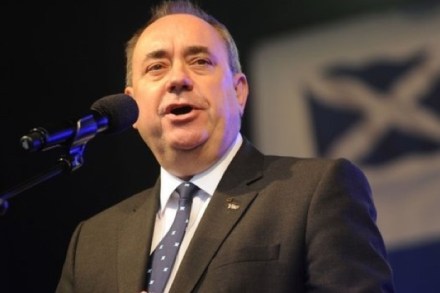Labour seem to enjoy standing against Tory Speakers
‘A secret plot to boot John Bercow out of the Commons is being drawn up by senior Tory MPs,’ reported yesterday’s Mail on Sunday. Apparently a plan is afoot to field ‘a “proper” Tory candidate against him’, something that would ‘drive a coach and horses through the convention at Westminster that sitting Commons Speakers are never challenged at General Elections by candidates from the three main political parties’. This ‘convention’ sounds a little iffy to Mr S, especially given that Labour stood against Speaker Weatherill and Speaker Selwyn Lloyd and Speaker Hylton-Foster and Speaker Clifton Brown and Speaker FitzRoy. In fact, the only Tory Speakers that Labour failed to stand


















